Search
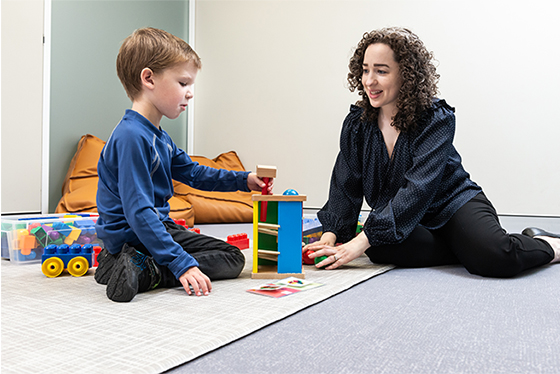
The ESDM aims to promote a child’s development across all domains, including language, joint attention, imitation, cognition, play and social skills, and fine and gross motor skills.

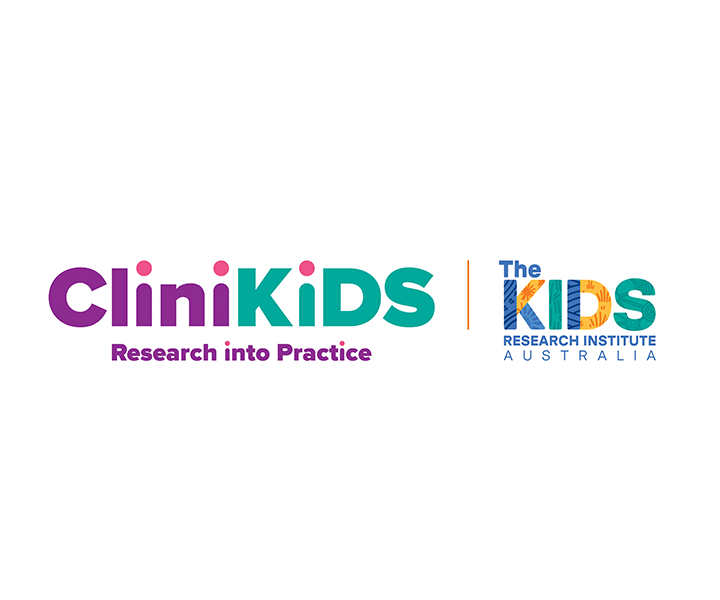
CliniKids is the first clinical service of The Kids Research Institute Australia, providing autism therapies and supports for young children.
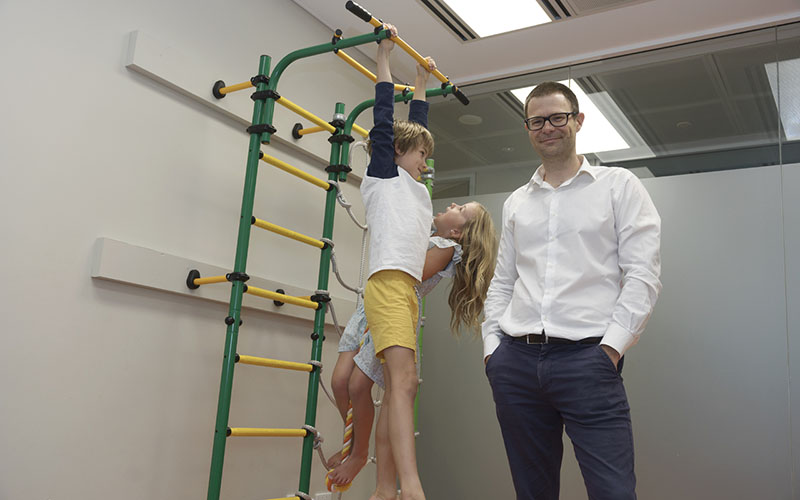
News & Events
Autism researcher a finalist for WA's Australian of the YearProfessor Andrew Whitehouse, who has helped transform clinical support for children on the autism spectrum in Australia, is nominated for WA's 2023 Australian of the Year.
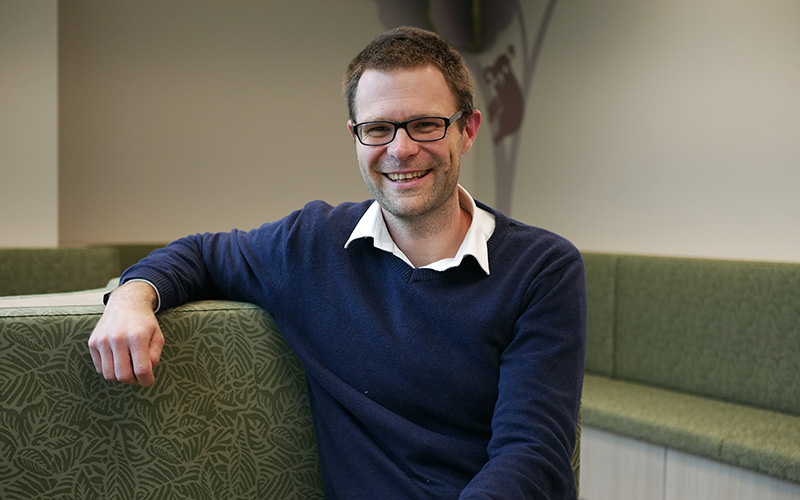
News & Events
Autism researcher the youngest-ever Fellow of prestigious academyProfessor Andrew Whitehouse has been inducted as the youngest-ever Fellow to the Australian Academy of Health and Medical Sciences.
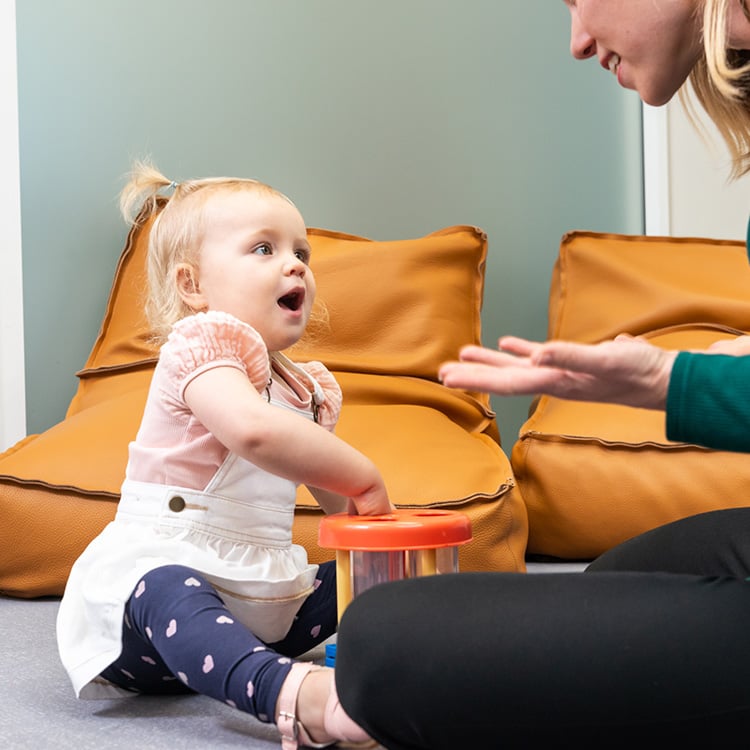
Find out about the range of Focused Therapy programs on offer at CliniKids.
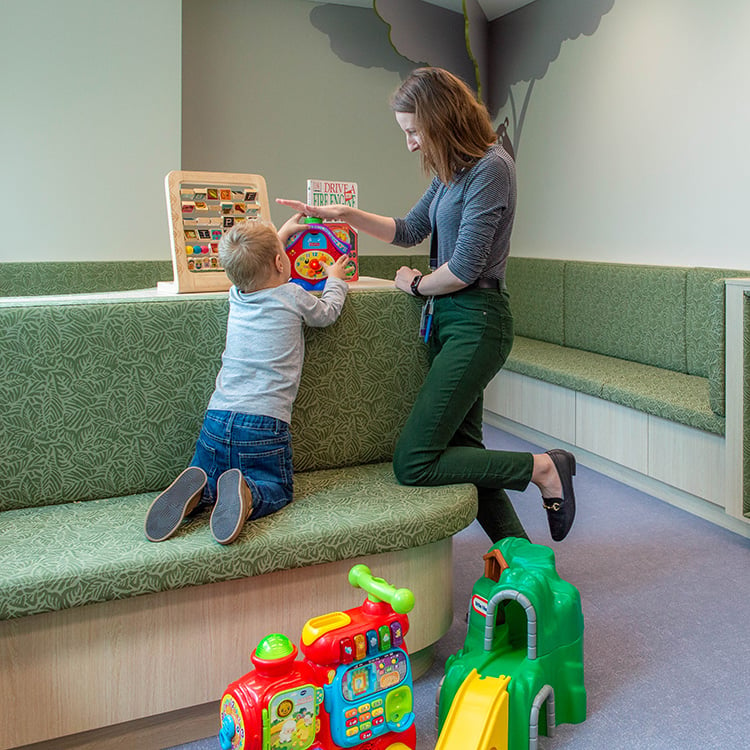
CliniKids provides therapy support and individualised programs to help children and families to reach their full potential.

News & Events
Bathtime can mean more than just getting clean!In this new blog, Speech Pathology Lead Aria May explains how bathtime is a great opportunity to support social communication with your child.
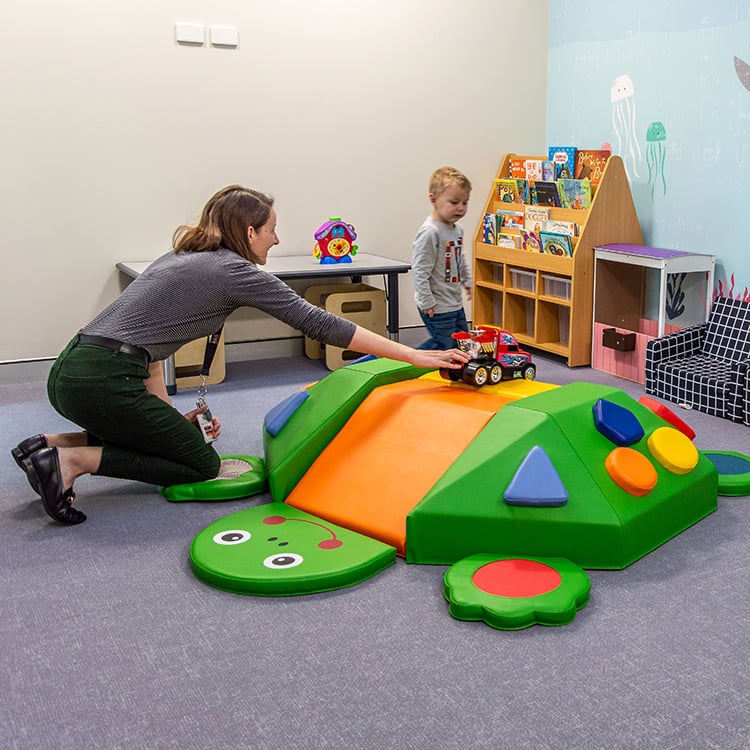
Find out how to access services at CliniKids.

News & Events
PACT now available via telehealthPaediatric Autism Communication Therapy is now available at CliniKids via telehealth.
